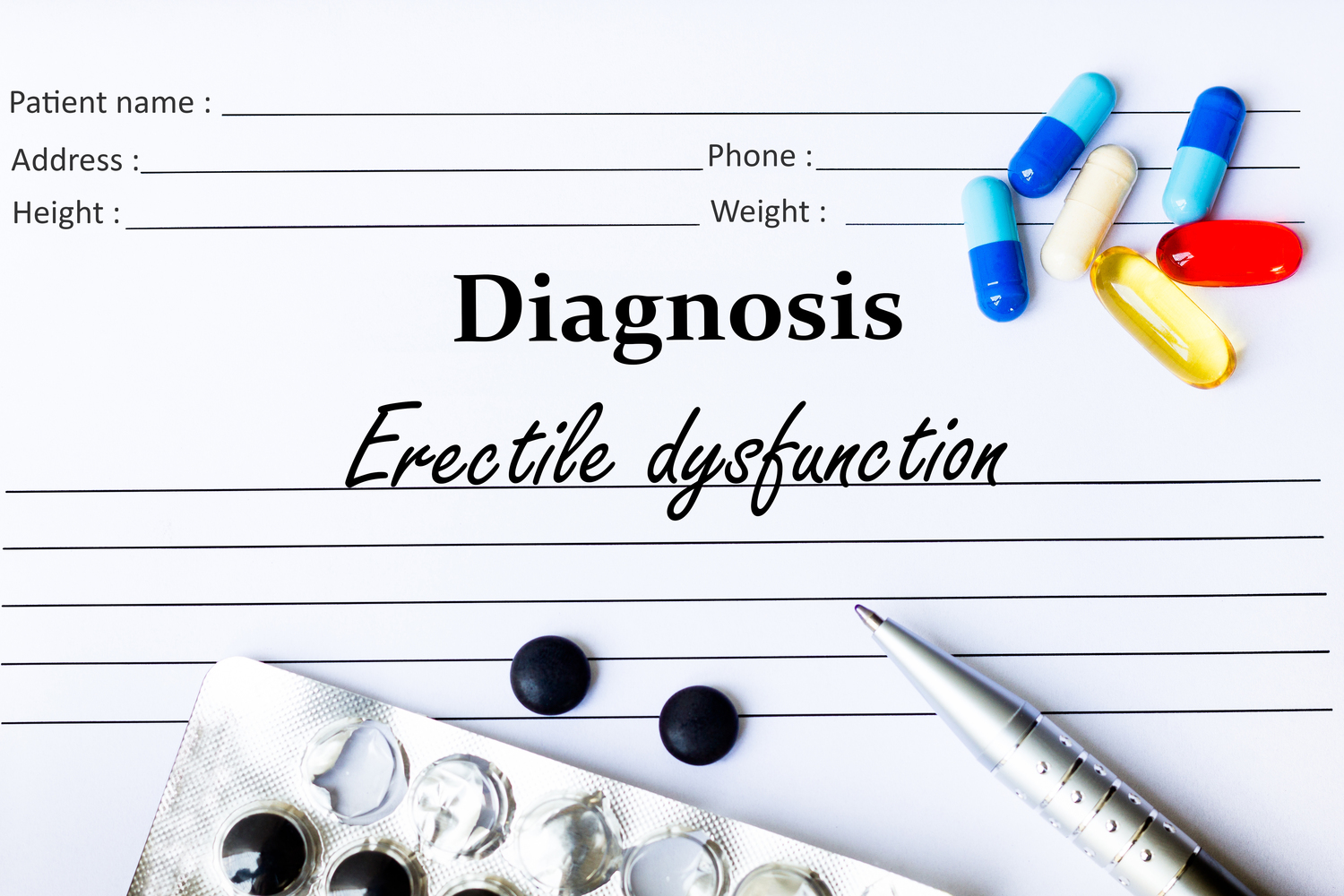
8 Tips to Lower the Risk of Erectile Dysfunction
Erectile dysfunction (ED) is a condition where a man experiences difficulty in achieving or maintaining an erection during sexual activity. It is a common problem that can be caused by various factors, including age, underlying medical conditions, lifestyle choices, and psychological factors. Fortunately, there are several medications available to treat ED, such as Sildenafil, Tadalafil, Vardenafil, and Avanafil. These drugs work by increasing blood flow to the penis, helping men achieve and sustain an erection. However, it is important to consult with a healthcare provider before taking any of these medications to ensure they are safe and effective for the individual. Here are 8 tips to lower your risk of erectile dysfunction:
1. Maintain a healthy lifestyle
A healthy lifestyle is crucial in preventing ED. Eating a balanced diet, exercising regularly, avoiding tobacco and excessive alcohol consumption, and getting enough sleep are all essential factors. Obesity and high blood pressure are also linked to ED, so maintaining a healthy weight and keeping blood pressure under control are important
2. Manage stress and anxiety
Stress and anxiety can negatively affect sexual function. Finding ways to manage stress, such as through exercise, meditation, or therapy, can help lower the risk of ED. It is also important to communicate with your partner and address any relationship issues that may be causing stress or anxiety
3. Treat underlying medical conditions
Certain medical conditions, such as diabetes, heart disease, and prostate cancer, can increase the risk of ED. Managing these conditions with proper medication, lifestyle changes, and regular check-ups can help lower the risk of ED. It is important to consult with a healthcare provider for proper diagnosis and treatment
4. Get regular check-ups
Regular check-ups can help identify any underlying medical conditions that may contribute to ED. They also provide an opportunity to discuss any concerns or questions with a healthcare provider. Men over the age of 50 should also consider getting regular prostate exams
5. Practice safe sex
Sexually transmitted infections (STIs) can cause inflammation and scarring in the genital area, which can increase the risk of ED. Using condoms or other barrier methods during sexual activity can help lower the risk of STIs and other infections
6. Limit certain medications
Certain medications, such as antidepressants and blood pressure medications, can increase the risk of ED. If you are experiencing ED and are taking any medications, talk to your healthcare provider about potential alternatives or adjustments
7. Use erectile dysfunction medications
Erectile dysfunction medications, such as Sildenafil, Tadalafil, Vardenafil, and Avanafil, can be effective in treating ED. These drugs work by increasing blood flow to the penis, helping men achieve and sustain an erection. It is important to consult with a healthcare provider before taking any of these medications to ensure they are safe and effective for the individual
8. Seek professional help
If ED persists or is causing significant distress, it may be necessary to seek professional help from a healthcare provider or sex therapist. They can provide support, guidance, and treatment options to help address ED and any underlying psychological or relationship issues.



